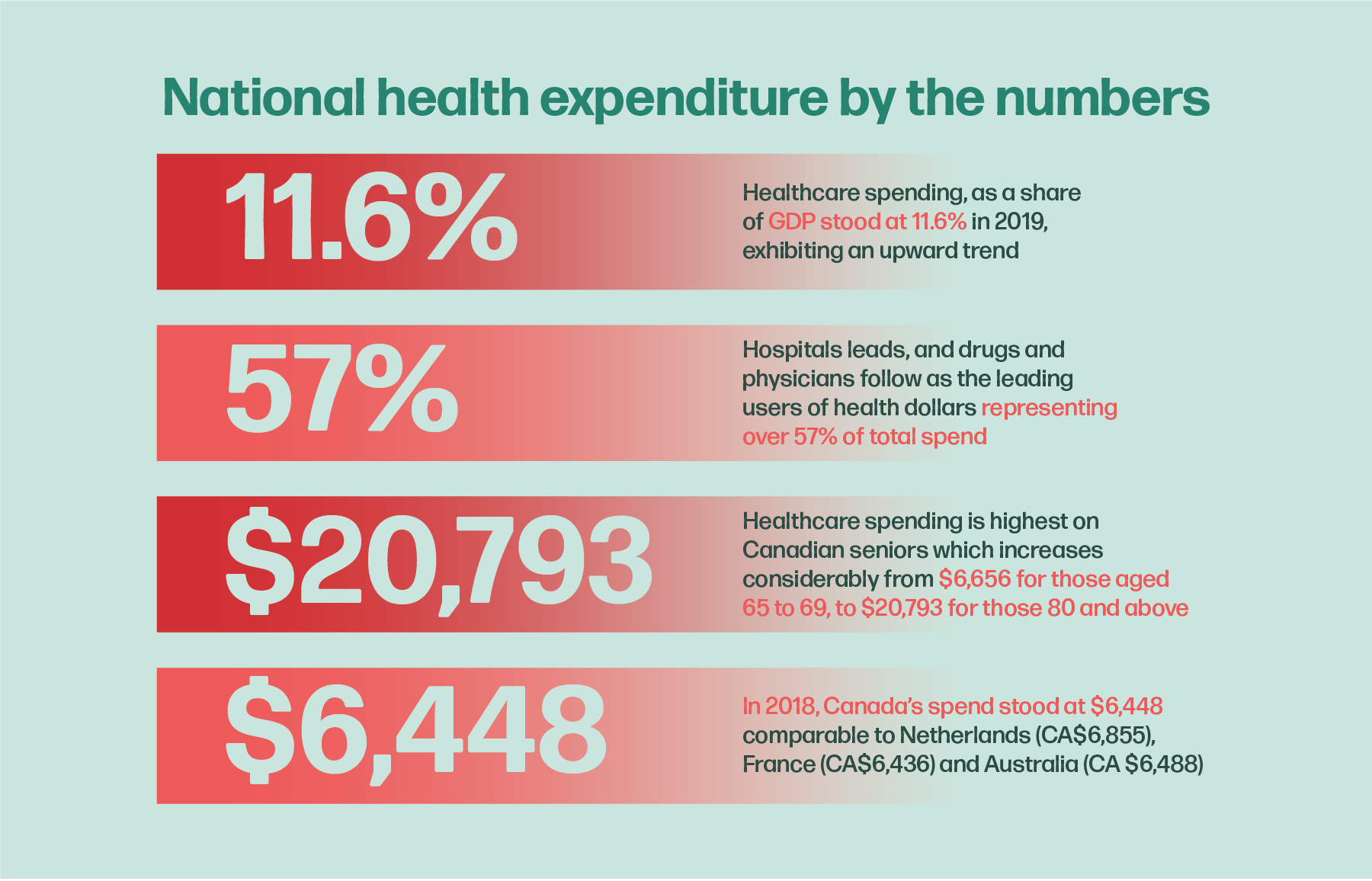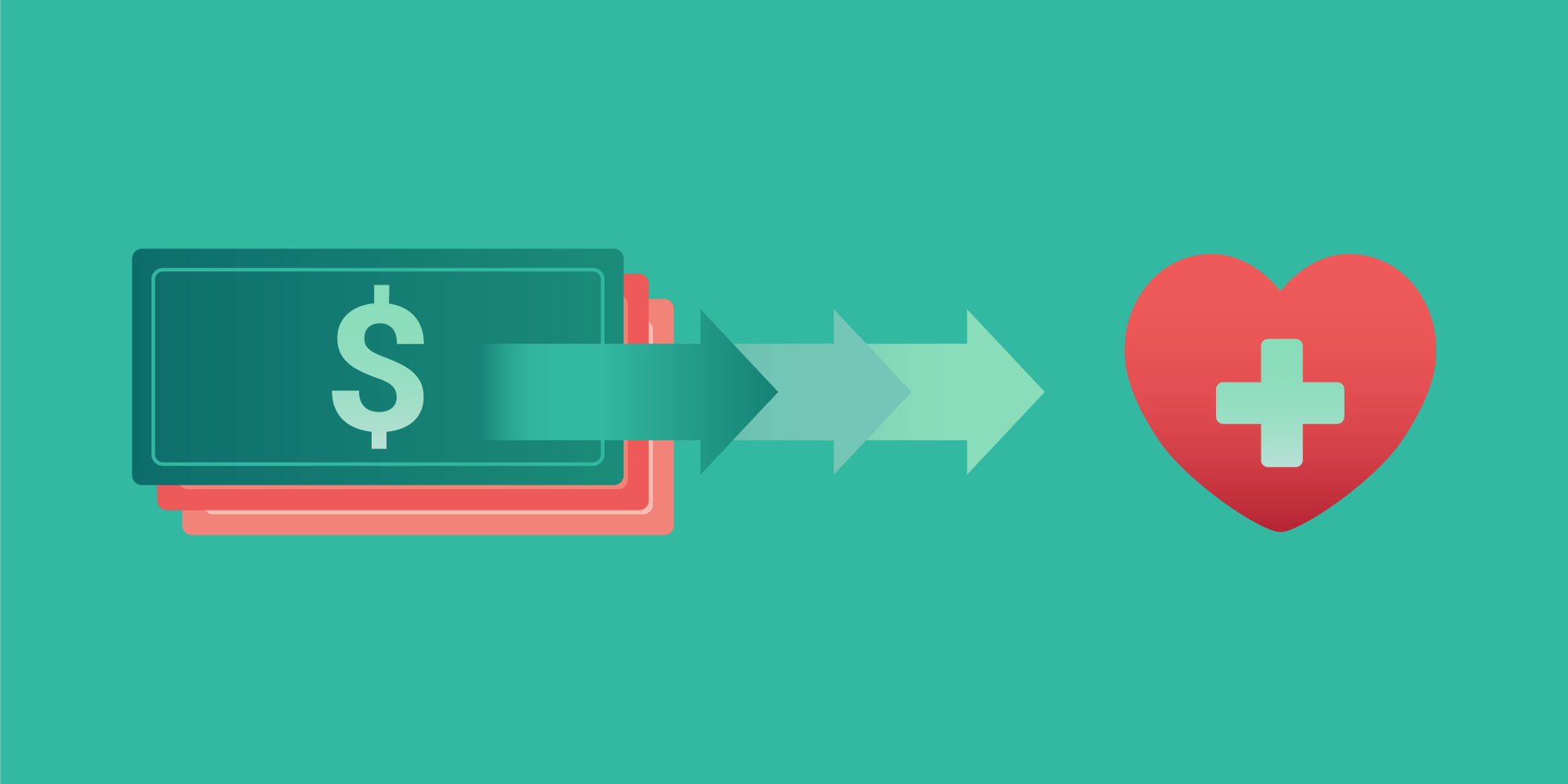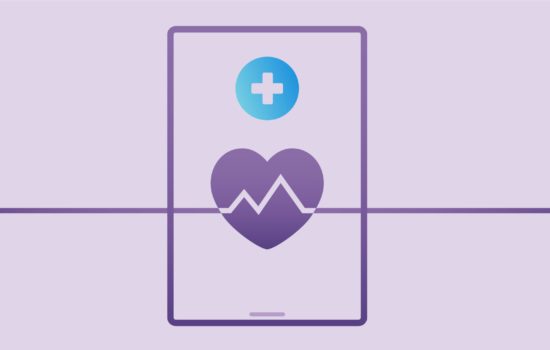Canada’s health care spending reached $264 billion in 2019, which translates to $7,068 per capita and 11.6% of Canada’s GDP. Broken down between private and public sector spending, this amounted to 30% and 70%, respectively. Beyond the numbers, what can we learn about Canada’s health care expenditures? Let’s take a look.
Private sector funding holds steady
Over the past two decades, private sector health care spending remained relatively consistent, accounting for 30% of Canada’s total health expenditures. At 66%, drugs and other professionals (such as Dental Services and Vision Care Services) are among the top categories of private sector spending in Canada, compared with 10% of total public sector spending.
In 2017, the latest year for which private sector data is available, payments by private insurance companies accounted for 41% of private sector spending, while out-of-pocket expenditures represented 49%.
National health expenditure by the numbers

- Health care spending, as a share of GDP stood at 11.6% in 2019, exhibiting an upward trend
- Hospitals are the leading users of health dollars, followed by drugs and physicians, representing over 57% of total spend. Overall, physician spending is expected to grow at 4% representing the largest amount of growth
- Health care spending is highest on Canadian seniors which increases considerably from $6,656 for those aged 65 to 69, to $20,793 for those 80 and above. In aggregate, population aging is a modest driver of increasing health care costs standing at 1% every year
- Canada continues to be a leading health care spender among its peers in the Organization for Economic Cooperation and Development (OECD). In 2018, Canada’s spend stood at $6,448 comparable to Netherlands (CA$6,855), France (CA$6,436) and Australia (CA $6,488)
- Overall, health spending as a share of Canada’s gross domestic product (GDP) is trending upward. Health expenditures represented an estimated 11.6% of Canada’s GDP in 2019.
- Hospitals continue to use the largest share of health dollars (27%), followed by drug costs (15%) and physicians (15%). These three areas have consistently accounted for the majority of health spending, but this year physician spending is expected to see the biggest growth overall — a 4% increase from last year.
- Health care spending is highest on Canada’s seniors. Although per-person spending increased considerably with age — from $6,656 for those aged 65 to 69 to $20,793 for those aged 80 and older— population aging is a modest driver of increasing health care costs at about 1% per year.
- Canada continues to rank among the highest per-capita spenders on health among Organisation for Economic Co-operation and Development (OECD) countries. For 2018, the latest year for which international data is available, the OECD reports that Canada’s per capita spending on health care was $6,448, comparable to that of the Netherlands (CA$6,855), France (CA$6,436) and Australia (CA$6,488).
Source: Canadian Institute for Health Information: Health spending in Canada reaches $264 billion
Source: Fraser Institute: Price of Public Health Care Insurance Infographic
What’s the true cost of our public health care spending?
Since Canadians do not directly incur expenses for using health care and do not readily determine the value of their contribution to public health care insurance, the cost of the public health care system is often misunderstood. Physician and hospital services covered through tax-funded health care insurance are free at the point of use resulting in people underestimating the resultant cost. 1
In 2020, preliminary estimates suggested the average payment for public health care insurance ranged from $4,190 to $14,474 for six common Canadian family types, depending on the type of family.
In 2020, the 10% of Canadian families with the lowest incomes paid an average of about $471 for public health care insurance. The 10% of Canadian families who earned an average income of $65,522 paid an average of $6,627 for public health care insurance, and the families among the top 10% of income earners in Canada paid $39,731 (see the table below).
Source: Fraser Institute: The Price of Public Health Care Insurance, 2020




